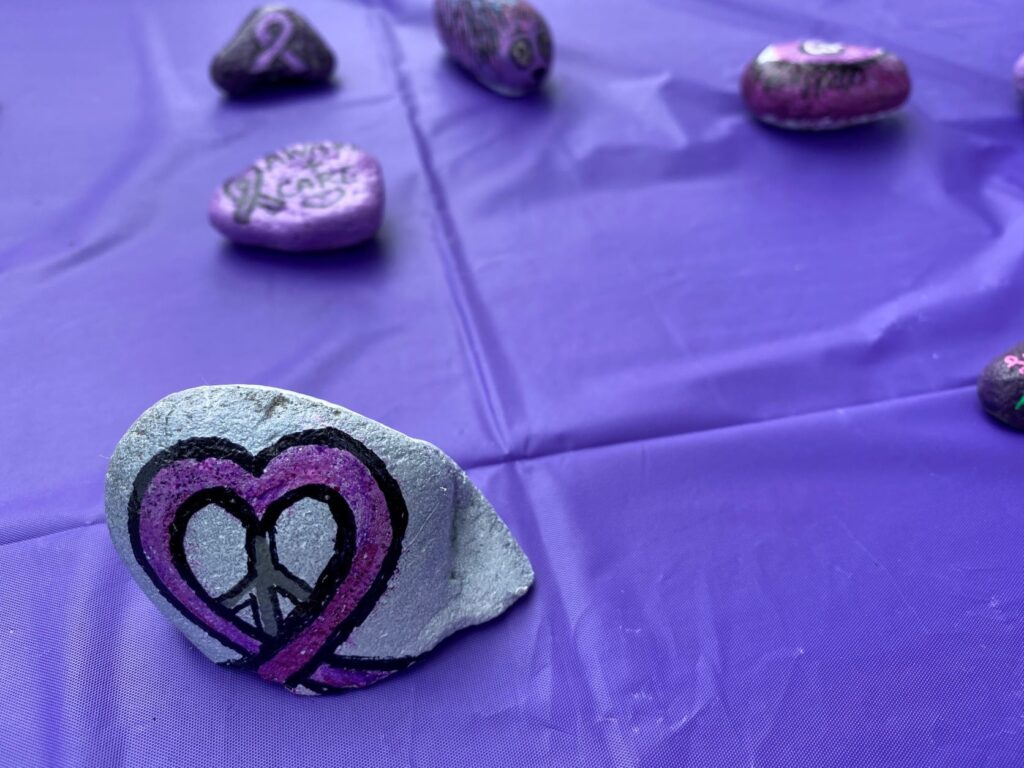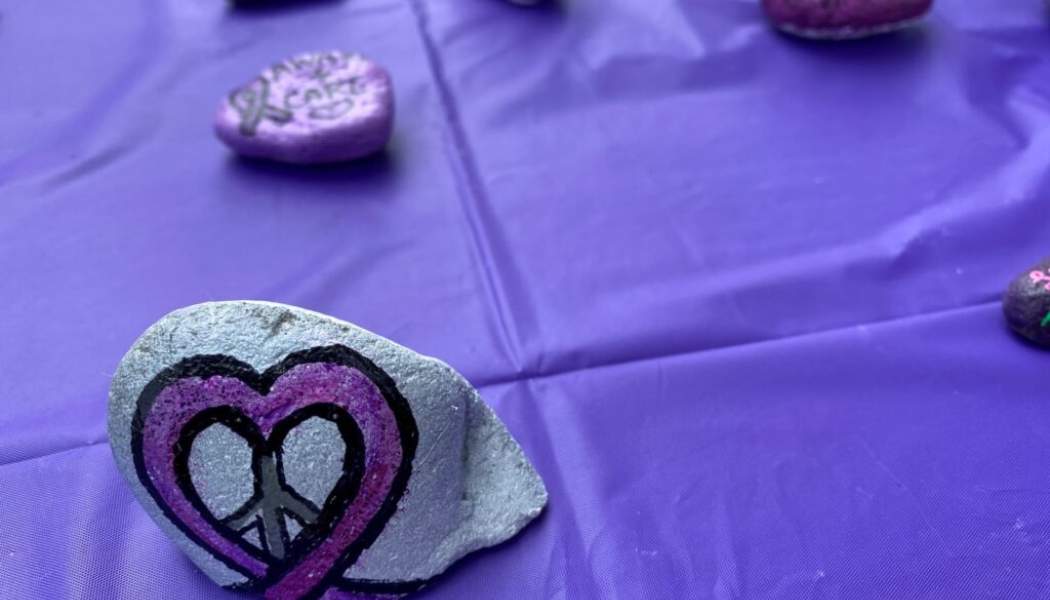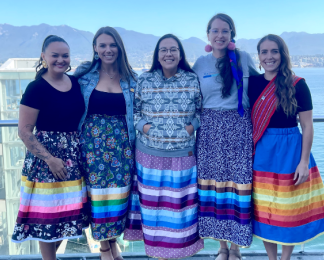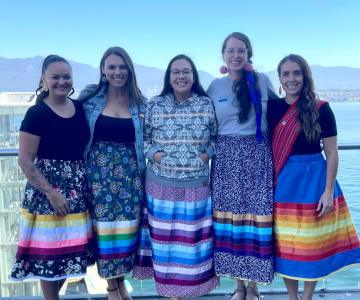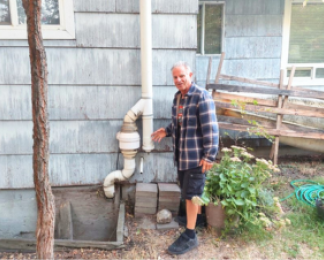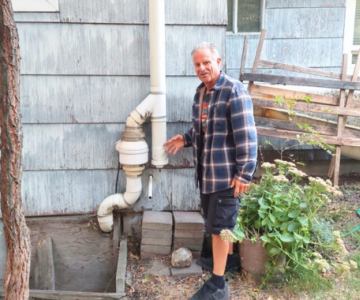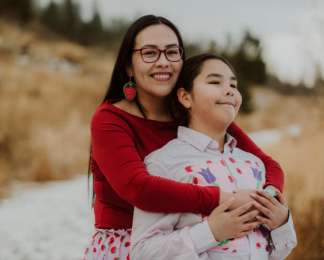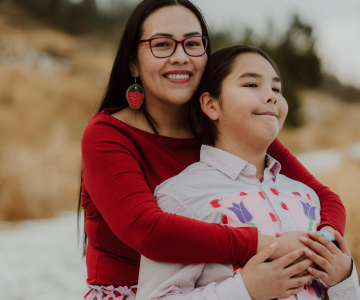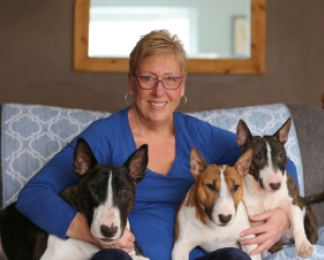Community members who use drugs continue to die from an increasingly toxic and unregulated drug supply. Even occasional users can – and do – experience fatal overdoses.
The City of Penticton has been one of the hardest hit communities in the Interior region, with a fatal overdose rate of 59.3 deaths for every 100,000 people (BC Coroner’s Service, January-August 2021). By comparison, the fatal overdose rate for the entire Interior Health region over the same period is 41.9 deaths for every 100,000 people.
Fighting the stigma that surrounds the use of substances is one of the most important ways to combat the devastating reality of this poisoned drug crisis. The BC Coroners Service reports that many overdose deaths occur when people use substances alone. Dr. Theresa Tam, Canada’s Chief Medical Health Officer, states in her 2019 report about stigma that “Stigma can drive avoidance or delay of health care” and prevent people from seeking services or even disclosing their substance use – resulting in more people using drugs alone and dying from overdose.
The report says: “People and institutions with resources and power … influence what is considered to be ‘normal’ and ‘acceptable.’ ”
The City of Penticton recognizes the importance of anti-stigma education to help change the norm and has collaborated with Interior Health on a number of initiatives to help raise awareness in hopes of decreasing stigma within the community.
In August 2021, the City introduced a new series of overdose prevention articles in its community newsletter; this newsletter is distributed alongside each resident’s monthly utility bill. On Aug. 31, Overdose Awareness Day was recognized, and opioid crisis education and Take-Home-Naloxone training was offered to the public at Penticton’s Gyro Park. This same day, the City launched three anti-stigma training modules, created by the Canadian Centre on Substance Use and Addiction, for all City employees. Monthly in-person harm reduction and Take-Home-Naloxone training sessions are also being offered for all City staff and Council. One staff member commented that the courses have made them realize how much language matters when talking about substance use disorders, and it has changed how they discuss the topic with others.
“This is a complex issue and requires a community response. I work closely with City staff as well as community partners in my role and it is really encouraging to see this type of action taking place as we continue to see high rates of toxic drug deaths. Breaking down stigma helps remove barriers to care,” says Tanya Osborne, Interior Health Community Health Facilitator.
Through collaboration with the health authority and other agencies, the City is working hard to increase overdose prevention awareness and decrease stigma in the community. If your community wants to take a similar approach, please reach out to your local Community Health Facilitator for support or send us an email at hbe@interiorhealth.ca.
People who use drugs in Penticton are encouraged to have their drugs tested. Drop-off or in-person testing services are available at several locations.
